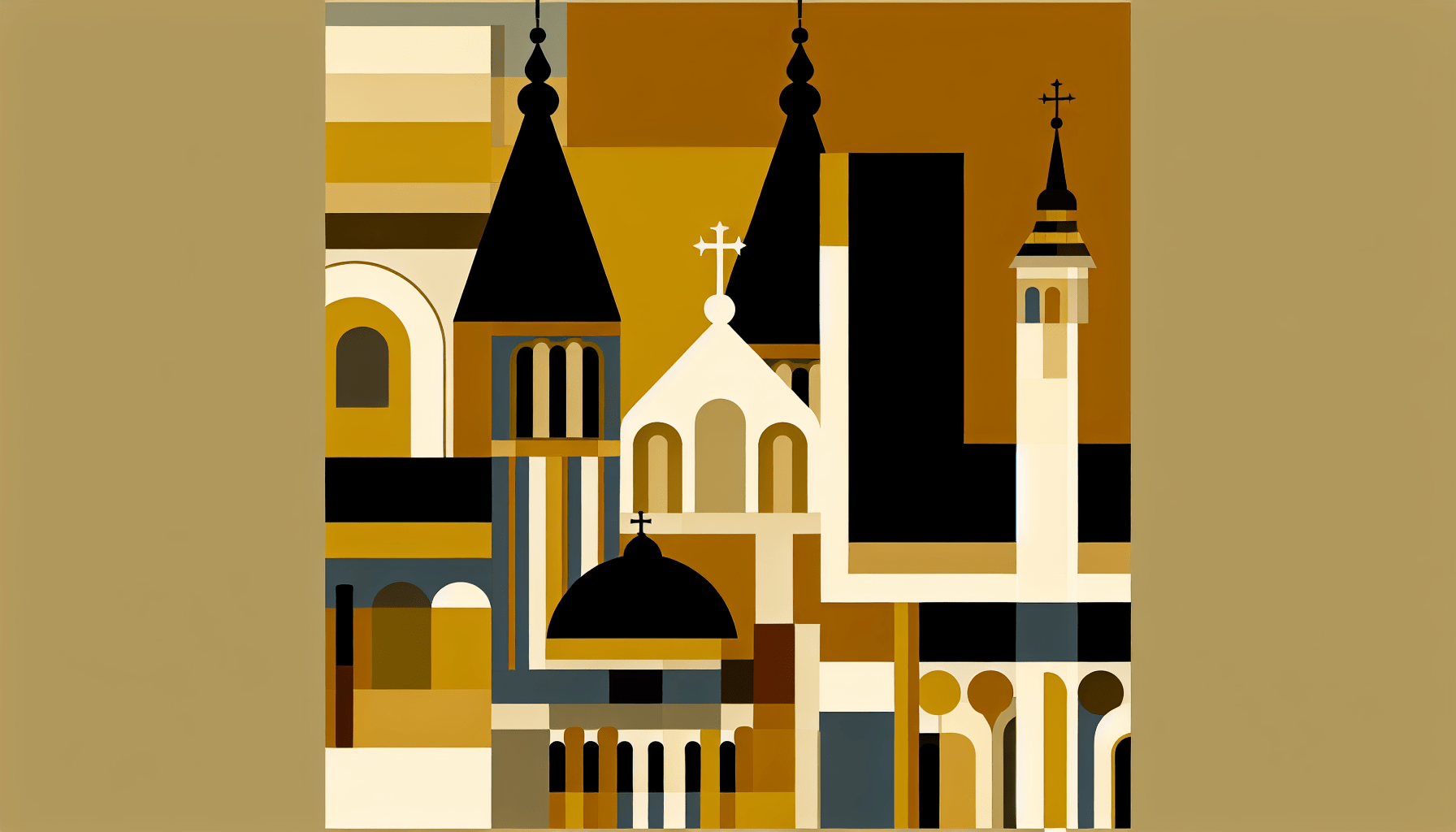The Role of the Virgin Mary in Catholicism
The Virgin Mary holds a significant place in Catholicism as a profound symbol of faith, devotion, and maternal grace. Her role extends beyond mere historical recognition; she embodies the core values of the Church and serves as a bridge between humanity and divinity. This blog post will explore the multifaceted role of the Virgin Mary in Catholicism, including her biblical foundations, theological significance, cultural impact, and the various ways Catholics honor her through prayer and devotion.
The Biblical Foundations of Mary’s Role
Mary in the New Testament
The accounts of Mary in the New Testament illustrate her pivotal role in the Incarnation and the early life of Jesus Christ. According to the Gospel of Luke, the Annunciation is a defining moment when the Angel Gabriel announces to Mary that she will conceive the Son of God. Mary’s response, “Let it be done to me according to your word,” highlights her faith and obedience (Luke 1:38). This moment marks her as not only the mother of Jesus but also a model of discipleship.
Mary at the Foot of the Cross
Mary’s presence at pivotal moments in Jesus’ life emphasizes her integral role in the salvation narrative. She is present at the Crucifixion, where she stands at the foot of the cross, embodying profound suffering and faith. Jesus’ words to her, “Woman, behold your son,” signify not only the deep bond between mother and son but also her role in welcoming all believers as her children (John 19:26-27). This maternal relationship extends to the entire Church, establishing her as a spiritual mother to all Christians.
The Theological Significance of Mary
Mary as Theotokos
In Catholic theology, Mary is venerated as Theotokos, meaning “God-bearer” or “Mother of God.” This title was affirmed at the Council of Ephesus in 431 AD, establishing that Mary, as the mother of Jesus Christ, who is both fully divine and fully human, plays a vital role in the mystery of the Incarnation. This designation underscores the significance of Mary’s consent and her unique position in salvation history.
Mary’s Immaculate Conception
The doctrine of the Immaculate Conception, declared infallibly by Pope Pius IX in 1854, posits that Mary was conceived without original sin. This belief highlights her purity and unique role as a vessel for God’s grace, making her a fitting mother for Jesus. Understanding the Immaculate Conception enhances the appreciation of Mary’s holiness and her role as a model for all believers who strive for a virtuous life.
Mary’s Assumption into Heaven
Another critical aspect of Mary’s theological significance is the dogma of her Assumption, which teaches that at the end of her earthly life, Mary was taken up body and soul into Heaven. This belief, officially declared by Pope Pius XII in 1950, emphasizes Mary’s complete union with her Son and her role as a precursor of the resurrection for all believers. The Assumption is celebrated annually on August 15, reminding Catholics of the hope of eternal life.
Cultural Impact of Mary in Catholicism
Mary as a Universal Figure
The Virgin Mary transcends cultural boundaries, appearing in various forms and titles across different cultures. From Our Lady of Guadalupe in Mexico to Our Lady of Lourdes in France, each title reflects the unique cultural expressions of devotion to Mary. These variations illustrate her universal appeal and significance as a mother figure who cares for humanity.
Iconography and Art
Mary’s image has been an enduring subject in Catholic art, serving as a means of devotion and theological reflection. Renaissance artists like Raphael and Michelangelo depicted her in ways that embody grace, beauty, and maternal love. The countless representations of Mary in stained glass, paintings, and sculptures serve as visual reminders of her integral role in the Church and inspire the faithful to deepen their relationship with her.
Mary’s Role in Catholic Devotion and Prayer
The Rosary
One of the most popular forms of devotion to Mary in Catholicism is the Rosary. This prayer involves meditating on significant events in the lives of Jesus and Mary, known as the Mysteries. The repetitive nature of the prayerful beads fosters contemplation and enhances one’s spiritual connection to Mary and Jesus. The Rosary serves as a powerful tool for spiritual growth and intercessory prayer, inviting believers to seek Mary’s guidance and intercession.
Feast Days and Liturgical Celebrations
Mary is commemorated through numerous feast days in the Catholic liturgical calendar, which celebrate her life and virtues. Key feast days include the Nativity of Mary (September 8), the Immaculate Conception (December 8), and the Assumption (August 15). These celebrations allow Catholics to reflect on her qualities and seek her intercession in their lives and the world.
Marian Devotions
Various Marian devotions, such as the Angelus and the Magnificat, serve to deepen the relationship between the faithful and Mary. The Angelus, traditionally prayed at noon, commemorates the Annunciation, while the Magnificat, Mary’s song of praise found in Luke 1:46-55, is often recited in the evening. Such practices not only honor Mary but also cultivate a spirit of thanksgiving and openness to God’s will.
Mary’s Role in Modern Catholicism
Mary and Social Justice
In contemporary discussions of social justice, Mary serves as a model of compassion and service. Her Magnificat reflects a deep concern for the marginalized and oppressed, making her an inspiration for those engaged in works of charity and advocacy. As Catholics strive for social justice, they often look to Mary as a guiding figure who embodies a commitment to serving others.
Mary’s Advocacy for the Church
As the Church faces modern challenges, many Catholics turn to Mary for intercession and support. Her universal motherhood inspires hope and reassurance in the struggles of contemporary life. Catholics believe that through Mary’s intercession, they can find solace and strength in the face of adversity, making her an essential figure in the spiritual lives of believers today.
Conclusion
The Virgin Mary occupies a central role in Catholicism, embodying maternal love, faith, and devotion. Her biblical foundations establish her significance in salvation history, while her theological implications remind the faithful of the importance of purity, grace, and intercession. Culturally, Mary transcends boundaries, appearing in diverse forms and expressions that resonate with believers across the globe. Through devotions like the Rosary and the celebration of feast days, Catholics continue to honor Mary’s influence and seek her guidance in their lives.
In today’s world, the Virgin Mary remains a powerful advocate and symbol of hope for Catholics, encouraging them to embrace their faith and commit to serving others with love and compassion. By reflecting on the profound role of the Virgin Mary in Catholicism, believers are invited to deepen their spiritual journeys and strengthen their connection to both Mary and Jesus Christ.




